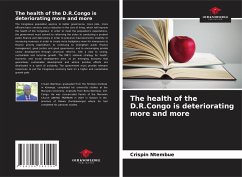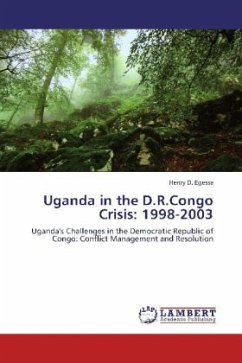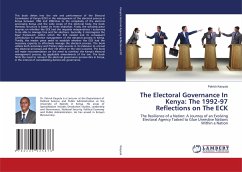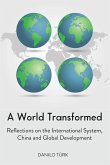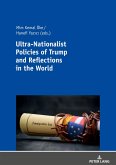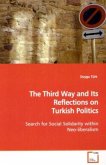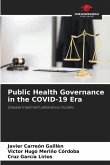The Congolese population aspires to better governance, more jobs, more efficient basic services and a reduction in the cost of living, which will improve the health of the Congolese. In order to meet the population's expectations, the government must commit to reforming the state; to conducting a prudent public finance and debt policy in order to preserve macroeconomic stability; to increasing revenues in order to create more budgetary room for manoeuvre to finance priority expenditure; to continuing to strengthen public finance management, good justice and good governance; and to encouraging private sector development through structural reforms, with a view to strong, sustainable and inclusive growth. The DRC's national strategy for health, economic and social development aims at an emerging economy that guarantees sustainable development and whose positive effects are distributed in a spirit of solidarity. The government must provide relevant responses to put the Congolese economy back on a higher and sustainable growth path.
Bitte wählen Sie Ihr Anliegen aus.
Rechnungen
Retourenschein anfordern
Bestellstatus
Storno

